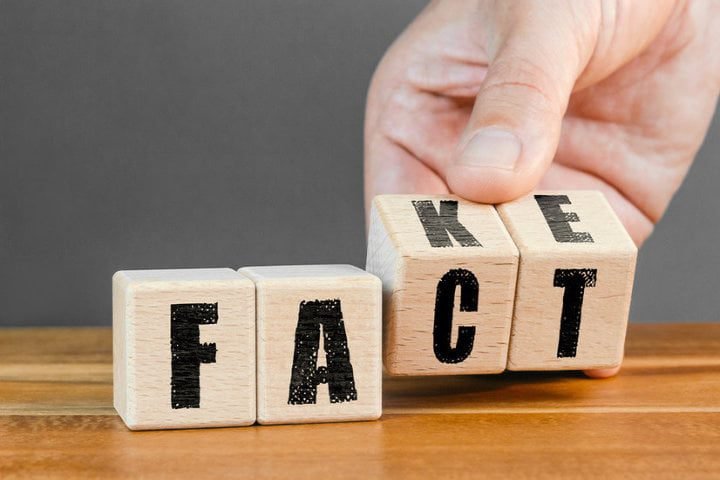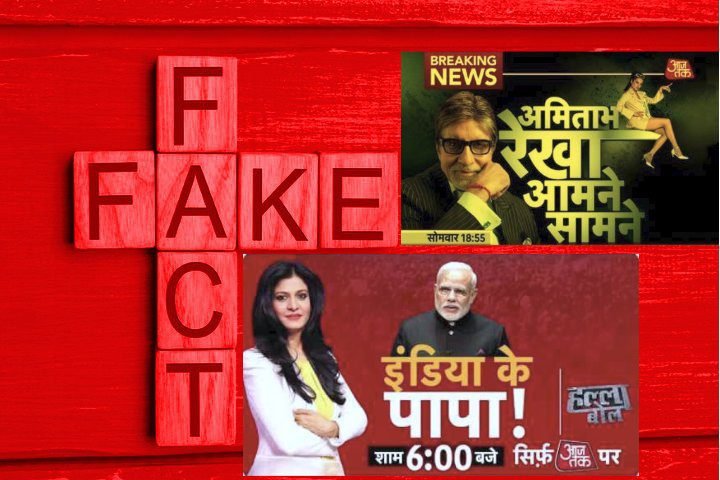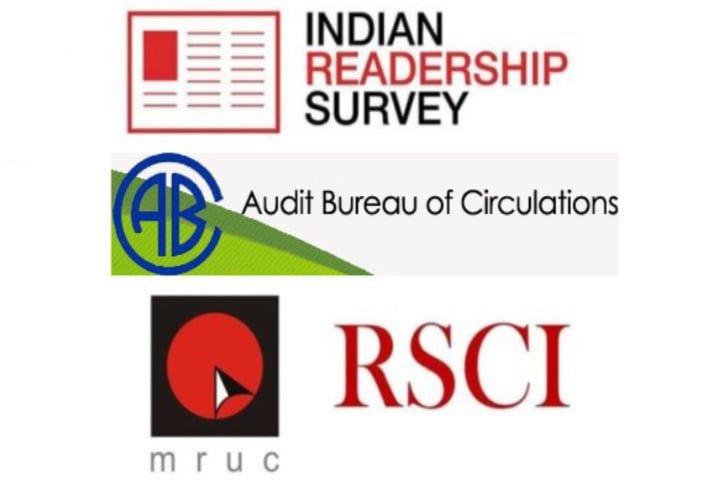What is a Sting Operation?
What is a Sting Operation? Sting operations are covert operations that journalists conduct to find illegal activity or gather evidence against people or organizations. These operations typically involve journalists posing as accomplices or participants in illegal activities to gather information or evidence. The term “Sting Operation” was first used in 1973 in a Hollywood film […]









